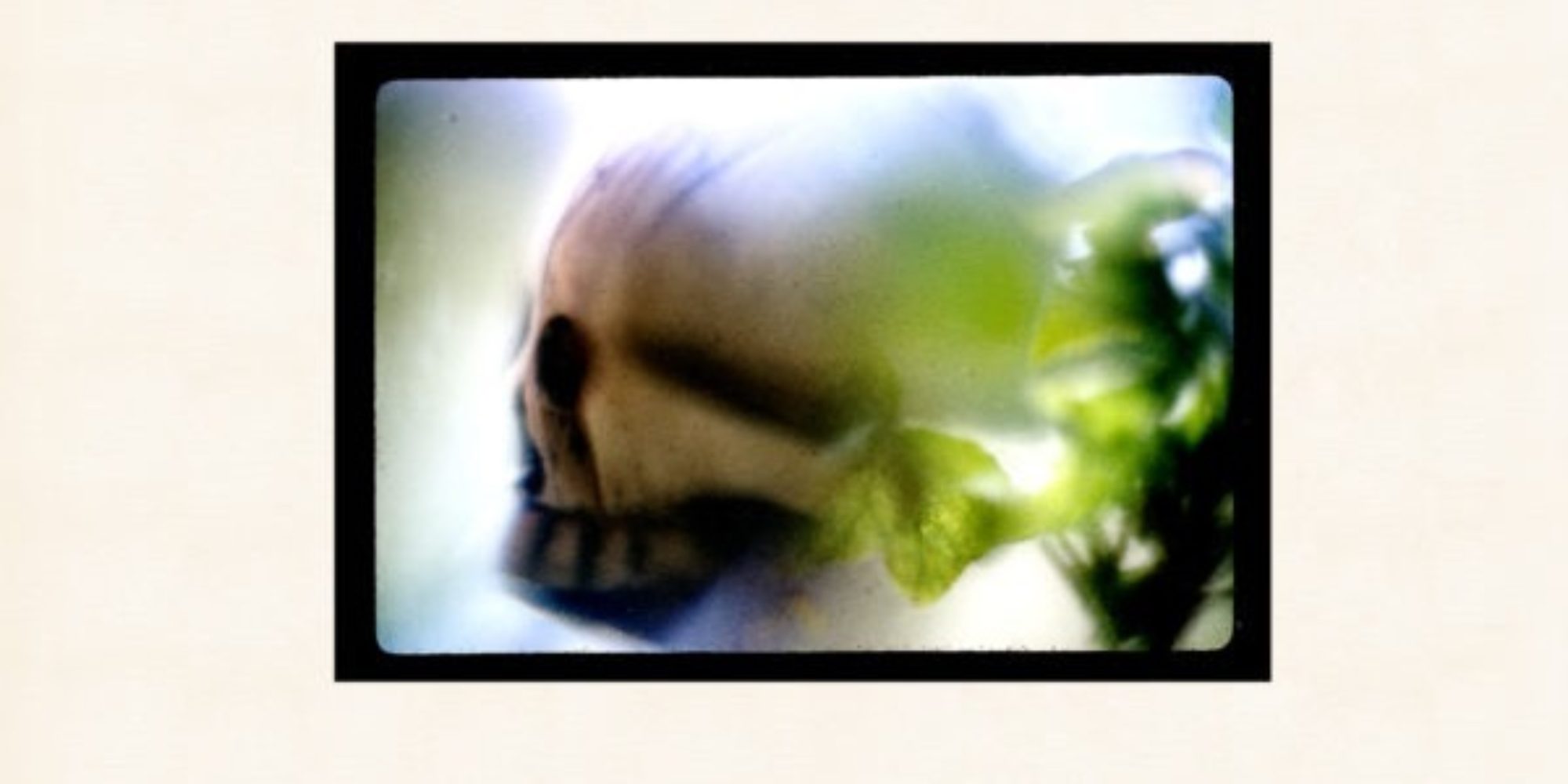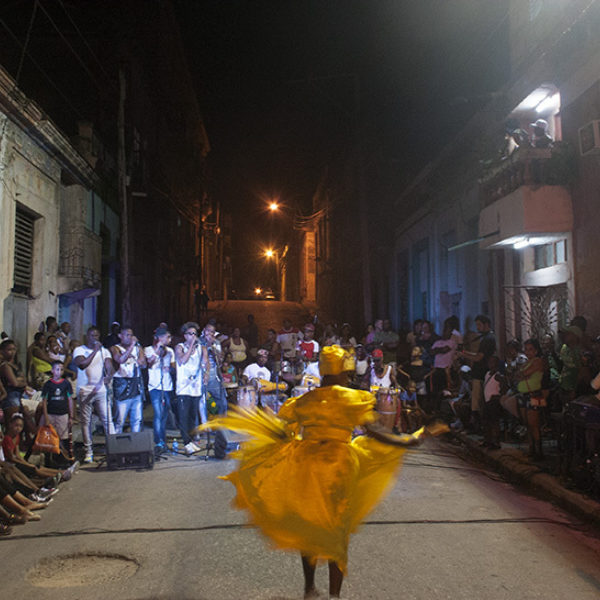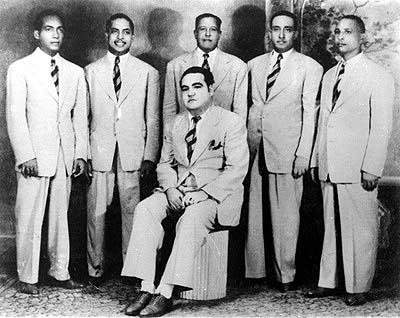Okonkolo’s debut full-length album Cantos is more than an album that’s just pleasant to sit back and chill to—although it functions very well as that too. Released July 27 on Big Crown records, Cantos is a collection of sacred music, songs to the orishas, deities in the branch of Yoruba religion in which all of the members of Okonkolo are ordained. The rhythms pounded out on the batá and the chants are part of ceremonies that the group saw fit to arrange for the broader public with the producer and musician Jacob Plasse.
The results are beautiful. Strings and a frisky bass line underpin “Oba” until giving way to a bounding Latin horn section. “Canto Por Obatala” features a woodwind section that wouldn’t sound out of place on one of Philip Glass’s more straightforward compositions. During the final track “Elegua,” subtle synth washes give way to plucked harps and a welling desire to flip the record over and hear it again.
While the music is ceremonial in essence, these rhythms have found their way into contemporary, or commercial music before. Brazilian guitarist Baden Powell and Vinicius de Moraes adapted Brazilian candomblé chants and rhythms into the songs “Canto de Ossanha” and “Canto de Xango” on their 1966 album Os Afro-Sambas. The Cuban group Irakere anchored their hard funk song “Bacalao Con Pan” with batás in 1974.
In a phone call, bandleader Abraham Rodriguez explained that while these chants and rhythms may have been hidden “50 or 60 years ago,” the songs featured on the record are now “common knowledge.” Other ceremonies, like when a priest is ordained in the religion remain hidden. “You don’t see that because you lose the chi, the power, that grace,” Rodriguez said.
The album, Rodriguez said, can be listened to for enjoyment—he praised Plasse’s arrangements and production—but it also could be listened to as study as well or introduction into Yoruba Santeria religion. “It’s traditional, not just made up stuff,” he said. “What we did in the recording is traditional chant and rhythm. In other words, a person could turn it on and hear the rhythm that goes with this orisha, and the song that goes with that.” He mused that there needed to be an opportunity to present the dancing as well.
Whether you know who "Chango" is doesn't matter, although it would certainly enhance the experience if you did. This is an album that is musically impressive and also culturally revealing, which is to say it is about as “Afropop” as things get.













